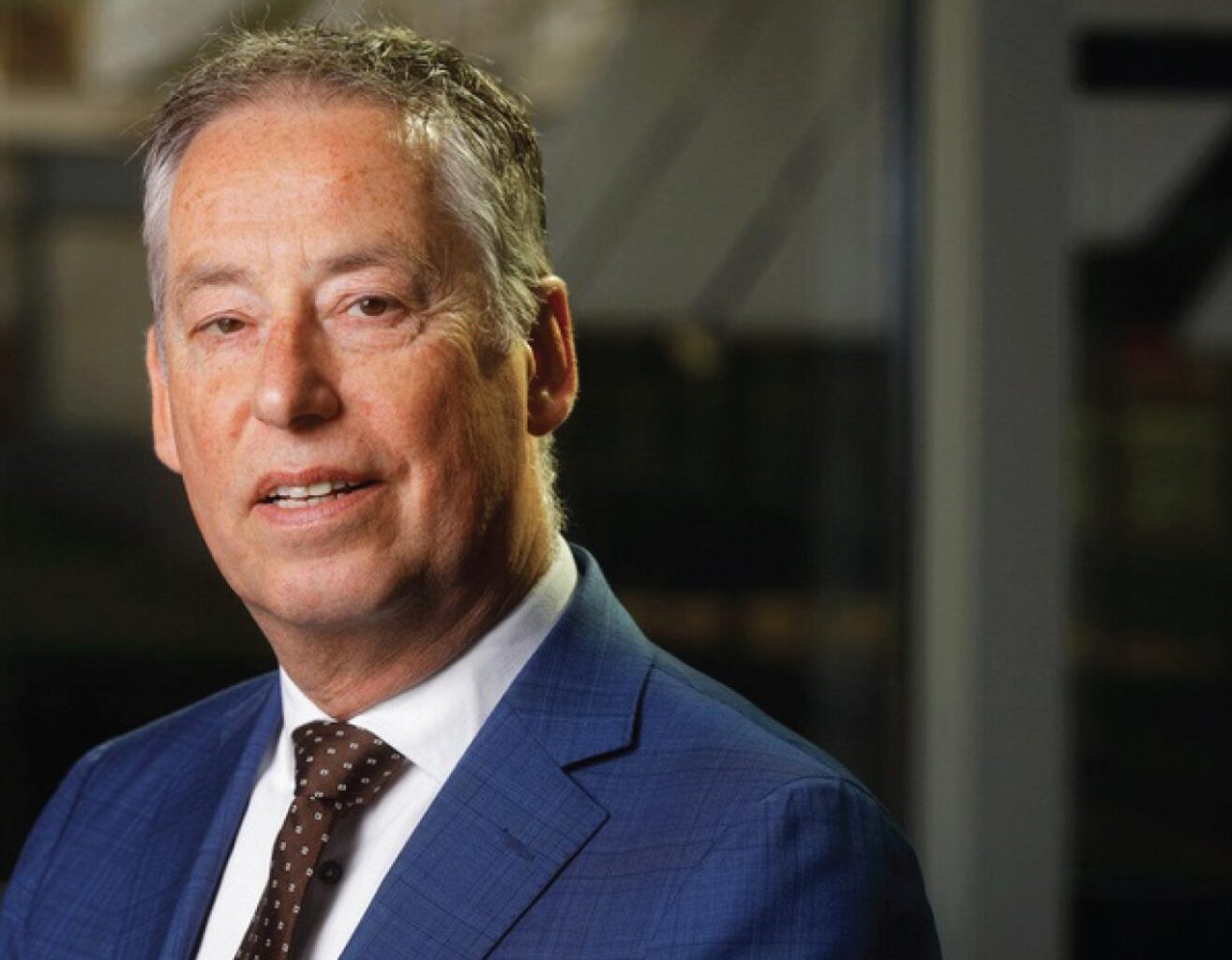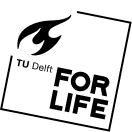

© Sam Rentmeester
‘All aspiring engineers will have to deal with AI in their careers and we need to prepare them for it’
More than three centuries ago, Antoni van Leeuwenhoek discovered new worlds with self-sharpened microscopes. In his letters to the Royal Society of London, he described all kinds of plant and animal structures and organisms never observed before.
Following in his footsteps, we continue to work to improve microscopy techniques, and can now even almost distinguish the individual atoms of the protein. This research involves making things visible, understanding them and using the knowledge gained to develop new solutions – in medicine, material science and many other fields. This type of research is increasingly being enhanced by the use of AI. But aside from our research, AI is also playing a growing role in many areas of our everyday lives. Although this innovation has its advantages, it is important not to ignore the potentially negative aspects. Inald Lagendijk has a very good suggestion: let’s conduct controlled experiments with AI first before actually applying it in practice, just like they do in the medical world.
Deepfake, the manipulation of images, is one way in which AI can be used against us. But you can also fight fire with fire, as demonstrated by the founders of DuckDuckGoose. This Delft start-up uses AI to identify deep-fake materials. It is just one example of how our researchers and students are using AI to innovate.
One thing is certain: all aspiring engineers will have to deal with AI in their careers and we need to prepare them for it. The arrival of our own DelftBlue supercomputer gives us every opportunity to do that. This computer is a source of great pride, although it may not look like it from the outside. The same definitely does not apply to our new teaching building Echo, which is worth visiting both inside and out. Generating energy and largely fitted out using recycled furniture and materials, it is a building that represents what we stand for. And we’re proud of that.
Prof.dr.ir. Tim van der Hagen
Rector Magnificus TU Delft

